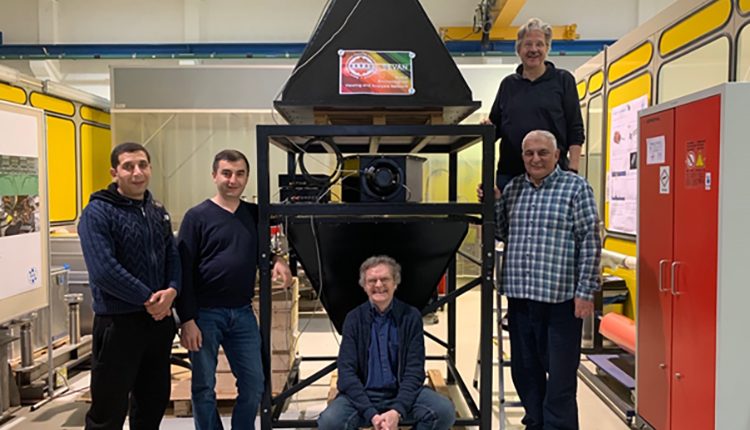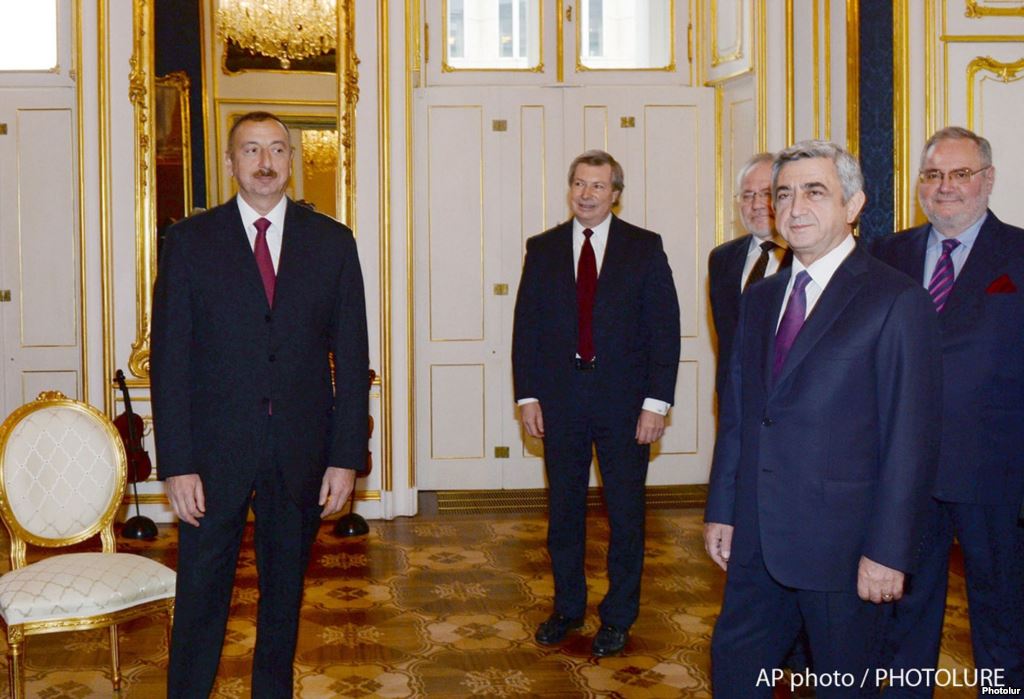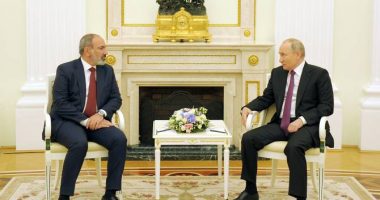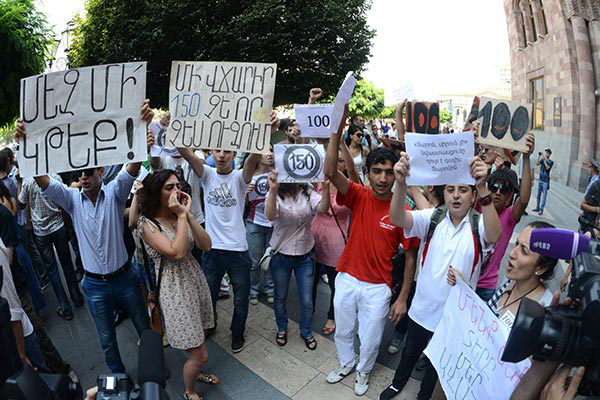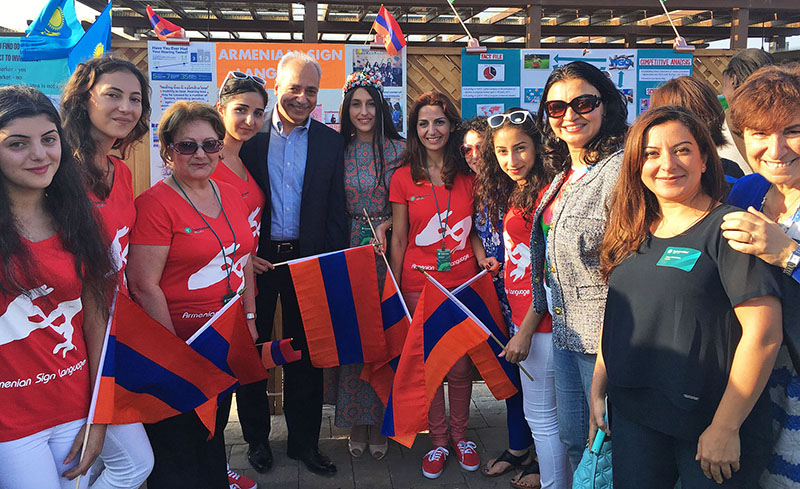YEREVAN — The Cosmic Ray Division (CRD) of the Yerevan Physics Institute (YerPhI) has announced the deployment of two of CRD’s SEVAN nodes to Germany. These nodes are networked over the Internet to gather and analyze cosmic ray data, solar radiation, and radiation from thunderclouds.
The SEVAN network started as a United Nations Basic Space Science Initiative (UNBSSI) project in the International Heliophysics Year 2007 (IHY-2007). The very successful IHY-2007 program included the deployment of arrays of small, inexpensive instruments around the world to get global measurements of ionospheric and heliospheric phenomena.
The SEVAN network aims to improve the fundamental research on particle acceleration in the vicinity of the Sun, on space weather effects, on high-energy physics in the atmosphere and on lightning physics. It also provides reliable, timely and affordable Space Weather forecasting based on coincident data from the network of particle detectors on Earth’s surface and from the space-borne facilities. SEVAN detectors have been designed and fabricated at the Cosmic Ray Division (CRD) of the Yerevan Physics Institute (YerPhI). They simultaneously measure fluxes of the most common species of secondary cosmic rays (photons, electrons, muons, neutrons), thus being a very useful device for investigation of cosmic rays, solar flux variations, and electron acceleration in thunderstorms. SEVAN modules have so far operated at the Aragats Space Environmental Center (ASEC) in Armenia, Artsakh, Croatia, Bulgaria, Slovakia, Czech Republic, and India. Recently, two new SEVAN detectors were installed at DESY, the German National Accelerator Center, in Hamburg and Zeuthen, Germany.
Data from the entire SEVAN network is an ideal basis for research into exciting phenomena of cosmic rays and solar and atmospheric physics. SEVAN especially lends itself to scientific outreach to pupils, school teachers, students, the wider lay public, and to decision makers on the value of science in society. The SEVAN network will be widely used in these activities.
YerPhI and DESY cooperate in education and training of young students to inspire them for science and technology careers and to produce skilled scientists and engineers for industries and the general benefit of society. During recent visits of the president of the Republic of Armenia to DESY Zeuthen, and of the directorate of DESY to YerPhi, both sides expressed their intention to continue and even strengthen this fruitful cooperation of mutual benefit. We are looking forward to it.

